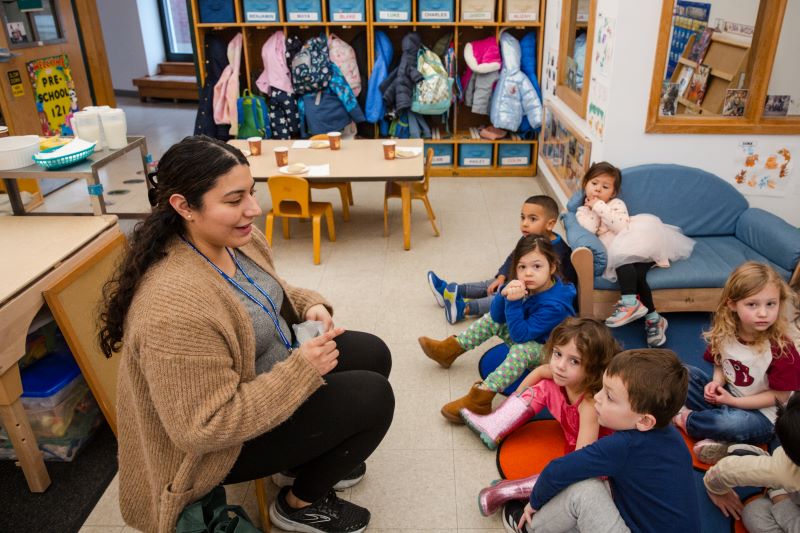Since last November, the Early Childhood Advisory Council’s Workforce Development Work Group has been working on a comprehensive set of competencies for individuals who coach others in the field of early care and school-age care. The draft New York State Coach Competencies are available for public comment until Friday, May 8th.
Click here to download the draft New York State Coach Competencies. We would love to hear your feedback!
Please send your feedback to amills@nysaeyc.org by Friday, May 8. Thank you in advance for providing your feedback to improve this draft.
Here is a summary of the draft New York State Coach Competencies:
CONTENT AREA 1: RELATIONSHIP BUILDING AND COMMUNICATION
- Establishing Trust with the Coachee: Ability to create a safe, supportive environment that produces ongoing mutual respect and trust.
- Active Listening: Ability to focus completely on what the coachee is communicating to understand the coachee’s intent in the context of their values and goals, and to support coachee self -expression.
- Powerful Questioning: Ability to ask questions that provide information and stimulate thinking in support of the coachee’s learning and goals.
- Direct Communication: Ability to communicate effectively during coaching sessions, and to use language that has the greatest positive impact on the coachee.
CONTENT AREA 2: ADULT LEARNING THEORY
- Track Record of Adult Learning Expertise: Knowledge, skills, and dispositions to design effective learning experiences for coachee.
CONTENT AREA 3: PROFESSIONALISM
- Meeting Ethical Guidelines & Demonstrating High Professional Standards: Ability to make difficult decisions that have moral and ethical implications during the work, while understanding and aligning requirements of the specific coaching initiative with the needs and expectations of the coachee.
- Commitment to Quality: Demonstrating leadership in the early childhood field with a proven track record of driving quality practices to classrooms and children.
- Prioritizing Cultural Competence: Demonstrating a thoughtful, methodical approach to integrating strategies to promote cultural competence in all aspects of coaching and support.
CONTENT AREA 4: FACILITATING LEARNING AND RESULTS
- Creating Awareness: Ability to integrate and accurately evaluate multiple sources of information, and to make interpretations that help the coachee to gain awareness in support of their goals.
- Planning and Goal Setting: Ability to develop and maintain a strength based, effective coaching plan with the coachee.
- Designing Actions for Implementation: Ability to create with the coachee opportunities for ongoing learning and actions that will most effectively accomplish agreed upon goals.
- Managing Progress and Accountability: Ability to maintain focus on the coachee’s stated priorities while recognizing the coachee’s responsibility for action and progress.
CONTENT AREA 5: ASSESSING SUCCESS OF THE COACHING PARTNERSHIP
- Assessing Coach Practice: Engages in continual self -reflection of their professional practices and how their practices influence the coachee’s performance and outcomes.
- Assessing Coachee Outcomes: Fosters a conversation that promotes and clarifies the coachee’s measureable criteria for success, including the coachee’s ability to set goals for future gains in their thinking, skills, knowledge and practices. In the initial meetings, it is important to foster discussion about the specific criteria for success of stated individual and programmatic goals and outcomes.

